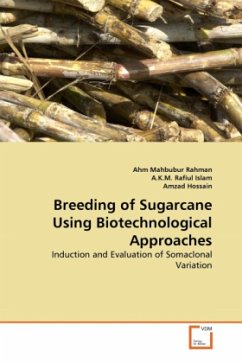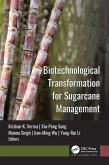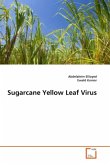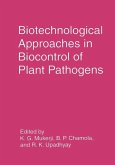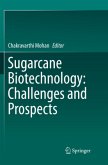Sugarcane is an important food-cum cash crop and the only source of sugar production in Bangladesh. However, its productivity seriously hampered due to pest, and diseases especially, due to red rot disease, which is proven difficult to control through fungicides. On the other hand, high ploidy, low fertility, large genome and complex environmental interactions make conventional arduous for sugarcane improvement. In this context, biotechnological approaches such as induction of somaclonal variation can be used to create new genetic variability for improvement of this crop. In this work a large number of plants were raised through callus culture and the plants regenerated were successfully established in the field for study of somaclonal variation. Genetic analysis shows that the varieties and the somaclones were phenotypically distant. Tree diagram indicates that Co 1158 and all of it somaclones remained in the same subclass but other varieties with their somaclones were amalgamated in different subclasses. The somaclones Amrita SC-4, Amrita SC-5, Isd 18 SC-5 and Misrimala SC-2 could be used in future breeding program for development of sugarcane varieties in Bangladesh.
Bitte wählen Sie Ihr Anliegen aus.
Rechnungen
Retourenschein anfordern
Bestellstatus
Storno

